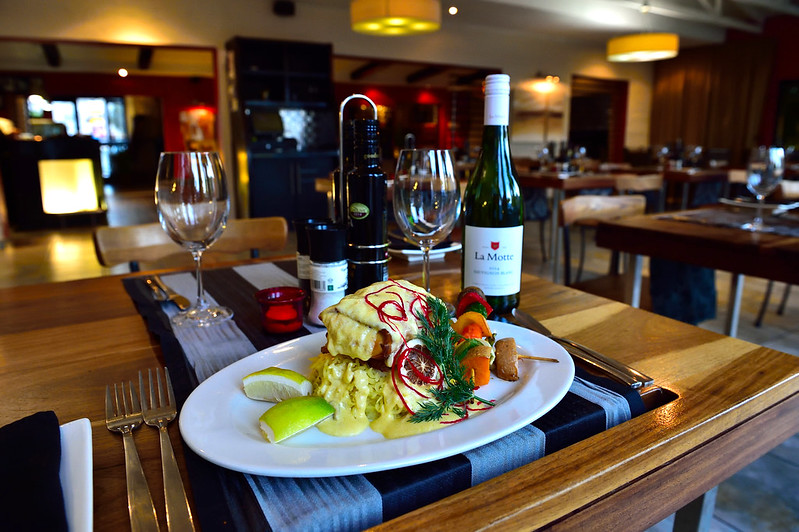One of the interesting things about the first chapter of the book of Daniel is where Daniel and his friends drew the line. They accepted new names that glorified the Babylonian gods. They accepted being taught by them, living in Babylon, and serving the king. But when it came to the king’s food, Daniel and his friends Hananiah, Mishael, and Azariah, decided that they would not eat of this rich food that was offered to the Babylonian gods and served at King Nebuchadnezzar’s table.
I’m sure there were others that looked at the same food and thought, like Paul, that the gods of these pagans were nothing, and that food was food, but this was not the case for these faithful Hebrew young men. So they staked their lives on the idea that God would protect them from not crossing the line they had made before God.
This is faithful living in ungodly surroundings — otherwise known as the Christian life. It is what Peter called his first readers to do: “Live for the rest of the time in the flesh no longer for human passions but for the will of God,” he wrote — even though, he warned, those around you “are surprised when you do not join them . . . and they malign you” (1 Peter 4:2, 4).
Given the pushback of twenty-first century secularism, you and I are going to face challenges. The crises will come; the moments will arrive when we are called to go with the flow of our culture rather than obedience to our God in the workplace, or on the sports team, or in how we raise our children, or in what we say from our pulpits, and so on.
Those crises will reveal what is inside us. Don’t assume you’ll stand firm in those moments. Equally, don’t assume you will have to give in. Resolve now. Think through where to draw the lines you will not cross.
Where We Draw the Line – How to Live (and Die) in Babylon
The culture at large is trying hard to make you cross those lines, sometimes without even knowing it, by exposing you to sin at every turn.
It is worth remembering David Well’s famous definition: worldliness is whatever makes righteousness look strange and sin look normal. Here’s the reality facing every Christian in the West: the money, power, and prestige of the mainstream media, big time sports, big business, big tech, and almost all the institutions of education and entertainment are invested in making sin look normal. Make no mistake: no matter how good your church, no matter how strong your family, no matter how gospel-centered your Christian school or homeschool, if your children and grandchildren are even remotely engaged with contemporary culture (and they are), they are being taught by a thousand memes and messages every week to pay homage to the rainbow flag.
The Christian family, Christian church, and Christian school must not assume that the next generations will accept the conclusions that seem so obvious to older generations. We must talk about the things our kids are already talking about among themselves. We must disciple. We must be countercultural. We must prepare them to love and teach them what biblical love really means. We must pass on the right beliefs and the right reasons for those beliefs.
We must prepare our children—and be prepared ourselves—that following Christ comes with a cost (Luke 9:23). The Jesus who affirmed marriage as between a man a woman (Matt. 19:4-6), the Jesus who warned of the porneia within (Mark 7:20-23), the Jesus who warned against living to be liked by others (John 12:43), this Jesus demands our total allegiance (Matt. 28:20).
The World Is Catechizing Us Whether We Realize It or Not
Lines will be different for different people. Obviously, whatever God has said clearly in His Word we must follow, but Romans 14 and other Scripture passages teach us that people have varying degrees of commitments that they make to the Lord that could be sin for them and not for others. We must be, first and foremost, lovers of God and let our love for Him drive us to make bright lines that we will not cross.
Those lines that you draw make look odd to others, and they might not make sense, but they are between you or God. May we have the boldness of the three facing the firey furnace, who told Nebuchadnezzar that God was able to save, but even if He did not, they would not cross the line.
